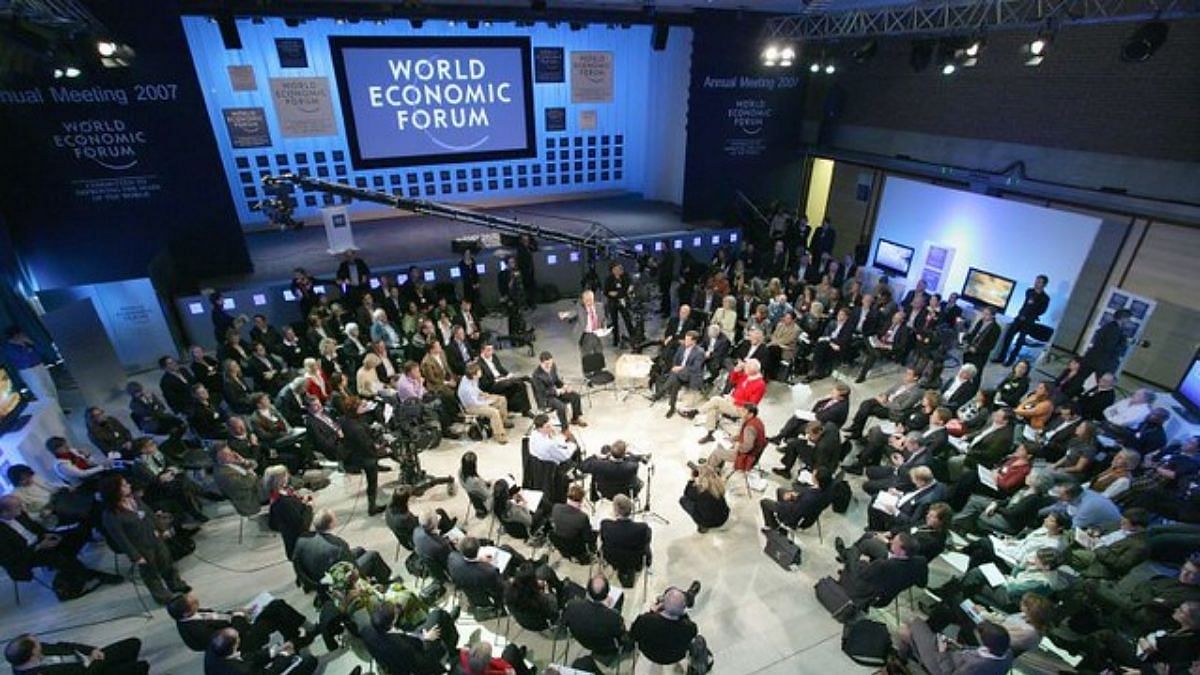
The Russian invasion of Ukraine has massively reshaped the global energy landscape and market. Hardeep Singh Puri, a senior cabinet minister, told the Energy Outlook: Overcoming the Crisis panel on the opening morning of Davos 2022 that oil at $110 a barrel constitutes “a challenge for the entire world.”
At a session discussing India’s Strategic Outlook in its 75th year of independence, he further commented: “60 million people go to fill up their tanks every day in India; 5 million barrels a day is our consumption.”
“Clearly, we are moving toward green energy… (but) we can’t afford to get disrupted on the current. We have to make sure there is enough energy available to people.”
The aim of a 20% ethanol blend has been pushed ahead from 2030 to 2025, he said, as green hydrogen, biofuel discovery, and production from alternate sources is being prioritised. “But 20% blended fuel will become available in our petrol bunks by 1 April 2023, so we’re going to start on that.”
“It’s not only (about) what steps India is taking. If you make the transition to green energy, it should surely be anchored in a country with large demand and consumption on its own. Therefore, I think many of these players are coming here.”
New $15 million investment to tackle freshwater crisis
With record-breaking heatwaves and droughts affecting the country, discussions on water security at the annual meeting led to substantive action on freshwater conservation and management.
Global conglomerate HCL announced a partnership with UpLink, the open innovation platform of the World Economic Forum that connects highly promising start-ups with the partners and funding they need to scale. Through a $15 million investment over five years, HCL will accelerate the innovation agenda for water and create a first-of-its-kind innovation ecosystem for the global freshwater sector on UpLink.
“Today, freshwater resources globally are extremely burdened, and every fifth child on this planet faces water scarcity,” said Roshni Nadar Malhotra, CEO of HCL Group and Chairperson of HCL Technologies.
“At HCL, we want to make every effort to help resolve this global crisis. Our partnership with the World Economic Forum’s UpLink platform is a step in this direction, and our ecosystem approach can be truly transformative. Together we will not just encourage and scale innovations in this critical area but also help build capacity for water-focused entrepreneurs – so-called ‘aquapreneurs’ – to execute on the innovative solutions.”
Maharashtra joins the World Economic Forum in the Fight Against Plastic Pollution
Maharashtra, India’s largest state in terms of GDP, has joined the World Economic Forum’s Global Plastic Action Partnership (GPAP). The economic powerhouse joins a growing list of global economies that will leverage the GPAP platform to drive localized solutions for the circular economy.
“This agreement with the World Economic Forum’s Global Plastic Action Partnership marks a critical juncture in our state’s battle against the plastic pollution endemic,” said Aaditya Thackeray, Minister of Environment and Climate Change for Maharashtra.
“Covid proved a hurdle towards our single-use plastic ban, where health priorities in PPP took precedent. Now, as we refocus on our climate and sustainability objectives, we are laying the foundation to deliver the systems-wide change needed across sectors. This partnership is the building block as we transition towards a more resource circular approach to tackle climate change while strengthening our economy.”
Maharashtra is positioning itself as a leader nationally in India in the fight against plastic waste pollution. This partnership aims to enhance its commitment to curbing plastic pollution, raise its ambition, and ensure accountability and inclusivity throughout the value chain.
India’s role in defining the metaverse
The concept of the metaverse is new, but that hasn’t stopped companies across the spectrum from making plans for engaging with it. And it’s no different for industry leaders in India.
CP Gurnani, the Managing Director and CEO at Tech Mahindra, tells the Forum: “Today, for Tech Mahindra, I have a rural education programme being run in the metaverse, and remember, I’m talking of a country where the smartphone penetration is only 26%.”
“I have sports training being conducted in the metaverse; I have retail commerce happening in the metaverse. So, this evolution of web 3.0, blockchain, and metaverse is here to stay (and) the applications are endless.”
A range of technical, demographic, and policy foundations for the metaverse appear to be present in India, but operational challenges remain.
On Wednesday, the Forum announced a new initiative, Defining and Building the Metaverse. It brings together key stakeholders to build an economically viable, interoperable, safe, and inclusive metaverse.
Research suggests that the metaverse is expected to grow into an $800 billion market by 2024.
In the days leading up to the meeting, the Forum’s Technology Pioneers community also added five Indian tech firms in recognition of their focus on solving some of the world’s most pressing issues. The list includes Recykal, Asia’s first circular economy marketplace, and SmartCoin Financials, driving a tech-driven financial inclusion platform to empower the underserved.
This article was originally published in the World Economic Forum.
Also read: A tale of two summits: Quad under a Chinese shadow & Davos searching for a solution to Russia
Source: The Print

